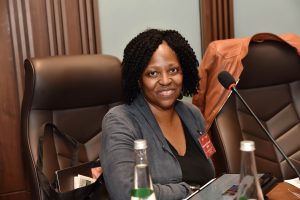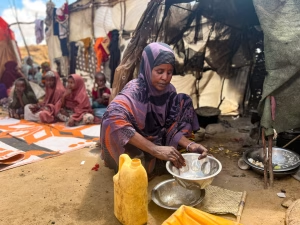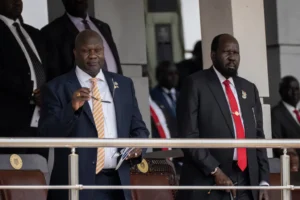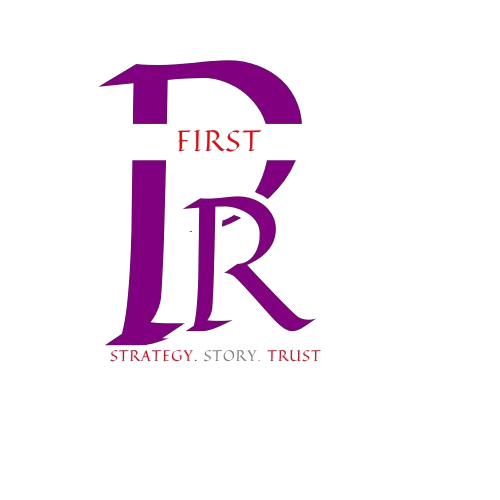The ongoing government shutdown in Washington has stretched beyond the borders of the United States, leaving embassies and consulates worldwide scaling back their public communications. From Abuja to Accra, London to Dhaka, U.S. missions have announced they will reduce routine updates, maintaining only urgent safety and security alerts until operations fully resume.
While Washington debates over budget appropriations, Africans planning to travel, study, or conduct business with the U.S. are watching closely. Scheduled passport and visa services will continue “as the situation permits,” according to notices issued by the missions — a statement that offers reassurance, but also uncertainty.
For many young Africans eyeing education and career opportunities in the U.S., embassy communications are more than formal notices — they are gateways to new possibilities. A slowdown in updates, even if temporary, risks delaying vital information that could affect applications, travel plans, and business ties.
This is not the first time Washington gridlock has rippled across the globe. The longest shutdown in U.S. history occurred from late 2018 into early 2019, halting government operations for 38 days. That standoff ended only after air traffic disruptions forced a resolution. Today, with political polarization intensifying, the recurrence of such shutdowns raises broader questions about governance and stability, even in the world’s most influential democracy.
For Africa, the lesson is twofold: first, to recognize how deeply connected global systems are, and second, to reflect on how domestic political disputes in powerful nations can have unintended consequences for others.
As embassies dim their public voice until full funding is restored, one thing is clear — in our interconnected world, the tremors of U.S. politics are felt far beyond Capitol Hill.











